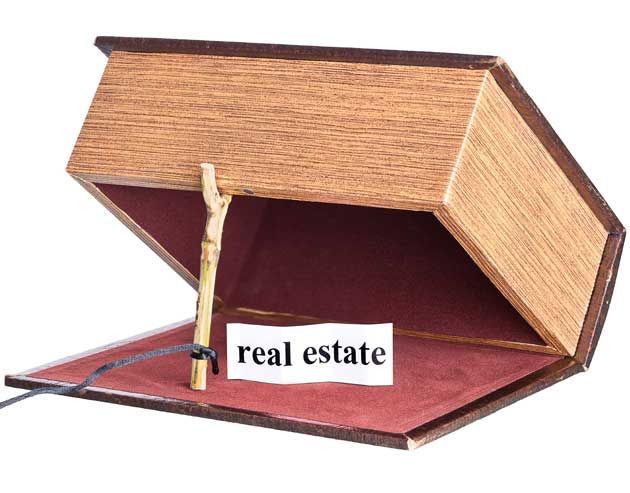Seniors Prime Targets for Real-Estate Fraud

SPONSORED CONTENT
Your so-called sunset years are a time when you can relax and enjoy the slower pace of life, but it’s also a period when you’re most susceptible to real-estate scams.
If that wasn’t bad enough, many of these frauds are carried out by the people closest to us, such as family members and caregivers.
Usually it’s someone we have given control of our estate to, through a power of attorney, or someone who has access to our personal information such as identification or banking records.
Some are even people we rent out our homes to in order to gain some added retirement income.
“The renter has a huge advantage,” says Wendy Rinella, a corporate affairs spokesperson at First Canadian Title insurance company. She adds because the renter can get ID such as a driver’s licence with the same address on it, it’s relatively easy for them to have “the mortgage broker come to the place and act as if they own it.”
If they can also get their hands on some of the homeowner’s personal financial statements, often delivered by mail to the same address, they can make a false mortgage claim on the property. The renter could even apply to have the ownership of the property discharged and put in his or her own name.
Rinella says about a third of the fraudulent mortgage claims received by FCT every year are from “someone the victim knows, either family member or caregiver/renter.”
Rinella says victims generally fit the following criteria:
- retired
- widows
- mortgage is paid off
- renting out their homes as they live in a retirement home; and/or;
- snowbirds, or those who live part of the year out of the province or country
Rinella also offered up some tips for seniors to help them avoid falling prey to these scammers:
- Keep your financial information secure: “If you have somebody who’s a caregiver or renter, make sure it’s under lock down. Make sure the person that accesses the mail is someone who is trusted by the senior, but preferably the senior themselves.”
- Make sure to limit your power of attorney: “I would recommend considering getting more than one person to sign it, because we have seen situations where one family member, who is in charge of the POA or even the estate, mortgages the property for their own benefit, when it’s supposed to be for the benefit of all the successors in the will.”
- Invest in title insurance: While this could be construed as Rinella pumping her own company’s tires, the fact is people who don’t have homeowner title insurance are wide open to scams. Homeowners are generally so glad to have paid off their mortgage, they likely don’t realize the lender’s title insurance also expires at the same time. The one-time cost is anywhere from $250 to $350 in most provinces and is a relatively small price to pay for some peace of mind. As Rinella says: “If there’s no mortgage on the property and somebody puts a false mortgage on, and they don’t have a home-owner’s title insurance policy, then there’s no protection.”
While knowledge is power, Rinella insists there’s “no one perfect solution for fraud prevention against real estate other than not to own any.”
See more at FindLaw.ca